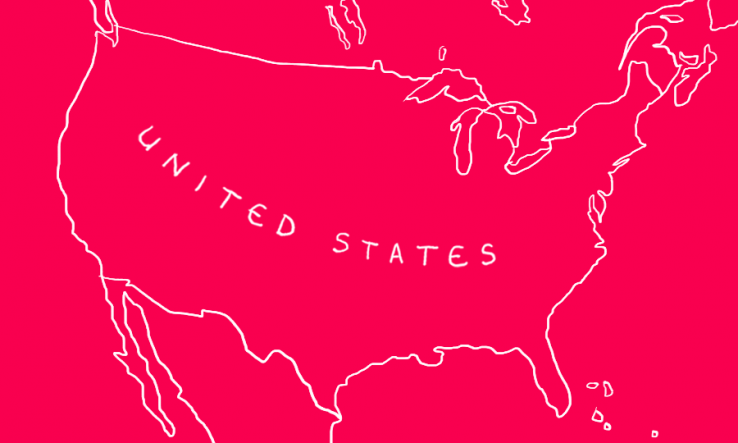
This week: NSF expansion, space leadership and pandemic disparities
In depth: In his first speech to Congress as US president, Joe Biden doubled down on his intention to see off global competitors in the race to develop new technologies.
Full story: Biden: US must ‘dominate’ technology development
Also this week from Research Professional News
US announces support for waiving Covid vaccine patents—European Union ‘ready to discuss’ waiver but pharmaceutical industry says decision is ‘wrong answer’
Women grow share of US doctoral positions by 50% in 10 years—Imbalance in science, engineering and health has narrowed, but men still predominate at all levels
Here is the rest of the US news this week…
Call to avoid ‘silos’ in NSF expansion
The head of a scientific advisory body to the US president and Congress has said plans to expand the National Science Foundation, including a mooted new technology directorate, “will depend on breaking down silos, not creating new ones”. Ellen Ochoa, the chair of the National Science Board, which also sets policies for the NSF, told a hearing of the House science committee on 28 April that any new directorate should work “synergistically” with existing arms of the funder.
Kamala Harris to chair National Space Council
US president Joe Biden has named his vice-president, Kamala Harris, as chair of the National Space Council, a White House policymaking body. Separately, in her capacity as vice-president, Harris swore in senator Bill Nelson as head of Nasa on 3 May after his appointment was confirmed by the Senate. Nelson said Harris was “the perfect person to lead the federal government’s space policy”.
NIH allocates another $29m to Covid-19 disparities
The National Institutes of Health will provide $29 million in grants to fund engagement with communities worst hit by the Covid-19 pandemic. Eleven teams already doing Covid-19 research, testing, treatment and outreach on vaccine confidence and access in communities of colour will get $15m. The other $14m will fund 10 new teams. Gary Gibbons, director of the National Heart, Lung, and Blood Institute, said the work would “meet people where they are with the help of trusted messengers”, such as family doctors and pastors.